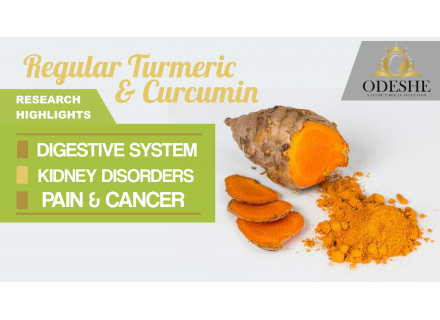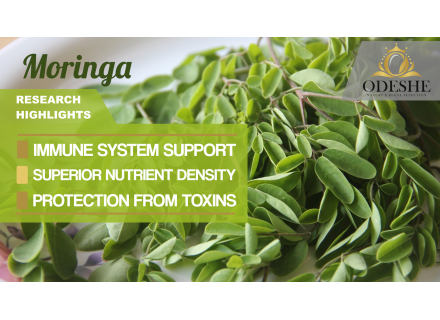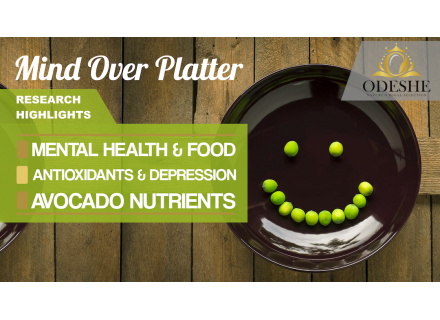The Hidden Immune System Boost from Astragalus
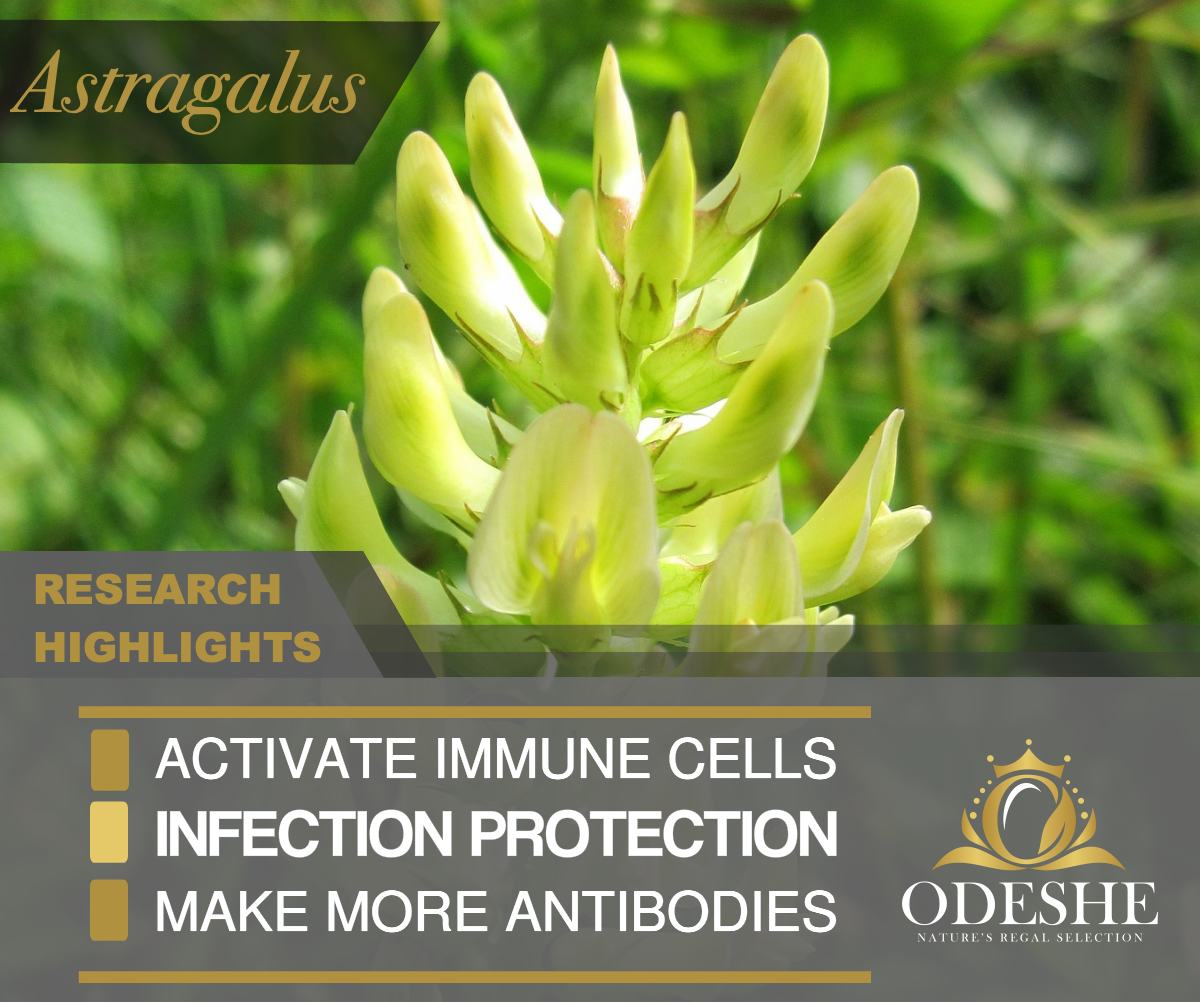
The Research on Benefits Against Infections and Cancer
Our current times have people legitimately wondering if it is possible to boost their immune system. Obviously no one wants a hyperactive or hyper-sensitive immune system, but there is good reason to identify ways to make sure you maintain “textbook”, normal responsiveness and optimal functioning of your body’s natural defences. Considering the numerous classes of immunosuppressant toxins such as phthalates, polyaromatic hydrocarbons (PAHs) like bisphenol A, persistent organic pollutants (POPs) and others circulating all-too-intimately in our modern environment [1] (and in many people’s bloodstreams [2] and urine [3]), this context gives serious validity to the desire to “boost” our immunity back to normalcy. Fortunately there are quite a few vitamins and minerals that have evidence of optimising immune function to normal levels, because they are nutrients involved in the immune system’s reactions and regulation (like vitamins C and D, selenium and zinc) [1]. This article explores the many studies that show that the herb astragalus (i.e. Astragalus membranaceus) positively influences immune cell signalling and activity, alongside evidence from different trials with animals and humans that show significant anti-infective and anticancer properties.
Stimulating Immune Cells.
The herb astragalus has been used in traditional Chinese medicine for well over 2000 years “…to correct a condition referred to as “spleen deficiency”” [4,5]. This state has been interpreted in Western medical terms as “cellular immune dysfunction” [4,6]. Astragalus addresses cellular immune dysfunction directly by stimulating different immune cells in various ways, to enhance their activity and action, and this stimulating ability of astragalus is attributed to several components of the herb.
Astragalus has complex sugar content (i.e. “polysaccharides”) that has demonstrated meaningful capacity to stimulate immune cells in animal and human studies. The astragalus polysaccharides appear to have a tendency to attach to different immune cells [7], and the ability to activate immune cells (specifically B cells and macrophages) in mice by stimulating signalling molecule production (specifically cytokines) as well as replication of activated cells (i.e. proliferation) [7]. The activation of immune cells by astragalus was observed in another study, where extracted multiple astragalus components enhanced macrophage [8] and neutrophils [9] engulfing-activities of foreign bodies, a process that macrophages use to attack invading microbes.
Another type of immune cell stimulated by the herb astragalus are natural killer cells. Responsible for killing virus-overridden and tumorous cells to protect the rest of the body, natural killer cell activity was increased by astragalus [9]. Moreover, different immune defences were boosted by astragalus, such as increase in the broad-spectrum antimicrobial chemical superoxide, and pathogen-specific antibody production also elevated [9]. On the other hand, the healthy activity of natural killer cells in systemic lupus erythematosus (SLE) patients was restored from problematic inactivity by incubating those cells with astragalus [4]. The ability of astragalus to activate various immune cells has direct relevance beyond laboratory experiments to enhance the health of people’s immune system.
Anticancer Activity.
The complex sugar content from astragalus has shown a tendency to bind to the specific type of leukaemia cell that was tested [7], and this activity has relevance in disease. In a 2019 article titled “Combining Immunotherapy and Natural Immune Stimulants”, medicinal mushrooms, melatonin and astragalus were noted as of particular interest for immuno-stimulant action, immune activation and suitability to complement conventional cancer immunotherapy [10]. The immune stimulation achieved by combining conventional medication with astragalus increased the body’s ability to kill tumour cells in lung cancer patients by 35-42%, according to a comparison of 65 clinical trials involving 4751 patients [11]. This enhanced capacity of lung cancer patients to clear cancer cells paved the way for a 58% improvement in ability to carry on normal activity and work (compared to patients who only received conventional treatment), and risk of death was lowered by 46% within 6 months and by 14% within 26 months [11]. These impressive results are reported with some hesitancy: “While there is reason to be cautious of the quality of the included clinical trials, due to their small sample sizes and inadequate reporting of methodological issues, there has been a consistent direction of treatment effect that warrants further examination by experienced clinical trialists in a transparent manner.”
A study of patients with various different tumours determined that astragalus injections managed to “…lower incidence of disease progression”, as well as lessen the impact of chemotherapy on white blood cells and platelets [4]. Astragalus injections also increased circulating antibody levels (targeted immune proteins with the capacity to help clear tumour cells), and those injections improved patients’ ability to carry on normal activity and work compared to control patients who only took the conventional therapeutics [4].
Fighting Infections and Enhanced Protection.
Amongst patients with chronic hepatitis (caused by a viral infection), 65.5% who took an astragalus-containing formulation for 2 months experienced disappearance of clinical symptoms and full recovery of liver function, compared to 28.3% of the control group [12]. In another study looking at chronic viral hepatitis, astragalus proved more effective than supplements of the body’s own anti-viral signalling protein (i.e. interferon-alpha) at clearing hepatitis B virus antigens, which are the detectable evidence of the hepatitis B virus’s presence in the body [13].
Nephrotic syndrome is a dangerous condition affecting the kidneys, and upper respiratory tract infections (URTIs) are the most common infection affecting nephrotic syndrome sufferers, with a high risk of complications that feedback to worsen the nephrosis [14]. A group of children with nephrotic syndrome who took astragalus alongside conventional nephrosis treatment suffered 19% fewer URTIs than the children receiving the standard treatment [14]. As with the other effects that astragalus has on a variety of immune cells, the protection from URTIs are likely mediated by the herb’s ability to increase circulating antibodies (i.e. targeted immune proteins) and immune signalling chemicals [4]. Such biochemical changes are also likely to explain the improved status of regulatory immune cells (i.e. specific T cells) in viral myocarditis patients, “…indicating an enhancement of the immune response” [4].
But it’s not only infected people that benefit from astragalus supplementation. Healthy volunteers maintained the capacity to elevate certain anti-viral signalling proteins (i.e. interferon) higher than the control group 2 months after they stopped a 2 month course of astragalus supplementation [4]. Astragalus’s capacity to boost the body’s own anti-viral signalling protein may actually prepare and “poise” the body’s anti-viral defences as a prophylactic (although this has not been tested), but this action gives a measurable benefit to patients with viral infections.
During infection with bacteria, the body’s initial response starts at an intense state of inflammation, which then causes a persistent immuno-suppression phase. An animal study showed that astragalus polysaccharide extract lessened the immuno-suppressive phase significantly, and in turn enhanced circulating antibody at the site of infection [15]. Indicators such as reduced weight loss and decreased kidney damage show that astragalus supplementation in mice improved disease outcomes. With all of astragalus’s identified beneficial effects on the human immune system, alongside corroborating evidence from animal studies, the herb has highly substantiated potential to boost immune function against infection and cancer.
Safety
In human studies mentioned previously, both healthy and very sick people have supplemented with astragalus without any reports of toxicity, regardless of the disease affecting the sick people in these studies. On the contrary, since several conventional cancer therapeutics have their own unfortunate negative impact on the patient’s health, astragalus’s beneficial reduction of this damage indicates it’s lack of toxicity to sick patients taking strong medication [4]. This lack of toxicity is likely not just short term, considering that lung cancer patients had a lower risk of death for as long as 26 months [11]. Relatively large doses of astragalus, such as 8 grams daily for 2 months, beneficially “…increased interferon-inducing ability of blood cells…” (i.e. enhancing antiviral capacity) with no detected toxicity [4]. In a specific toxicity study, the established lethal dose in mice is equivalent to a dose approximately 15 to 40 times larger than doses people need to take for beneficial effect [4].
When combined with vitamins and minerals, astragalus even proves beneficial to hay fever sufferers for runny nose relief and overall patient and doctor satisfaction with treatment [16]. It isn’t clear why the benefits of astragalus aren’t being discussed at a time where optimal immune function is treasured, but with the knowledge of the abundant astragalus research showing consistent benefits, you can make an informed decision to prime your own health.
Disclaimer: If you have medical concerns, please consult your doctor before implementing the opinions in this article. The research highlighted in this article has not been concluded, and so the properties discussed cannot be extrapolated to any product as yet.
(References)
[1] A. Tsatsakis, D. Petrakis, T.K. Nikolouzakis, A.O. Docea, D. Calina, M. Vinceti, M. Goumenou, R.N. Kostoff, C. Mamoulakis, M. Aschner, A.F. Hernández, COVID-19, an opportunity to reevaluate the correlation between long-term effects of anthropogenic pollutants on viral epidemic/pandemic events and prevalence, Food Chem Toxicol. 141 (2020) 111418.
[2] Högberg Johan, Hanberg Annika, Berglund Marika, Skerfving Staffan, Remberger Mikael, Calafat Antonia M., Filipsson Agneta Falk, Jansson Bo, Johansson Niklas, Appelgren Malin, Håkansson Helen, Phthalate Diesters and Their Metabolites in Human Breast Milk, Blood or Serum, and Urine as Biomarkers of Exposure in Vulnerable Populations, Environmental Health Perspectives. 116 (2008) 334–339.
[3] Duty Susan M., Ackerman Robin M., Calafat Antonia M., Hauser Russ, Personal Care Product Use Predicts Urinary Concentrations of Some Phthalate Monoesters, Environmental Health Perspectives. 113 (2005) 1530–1535. .
[4] K.I. Block, M.N. Mead, Immune System Effects of Echinacea, Ginseng, and Astragalus: A Review, Integr Cancer Ther. 2 (2003) 247–267.
[5] D. Bensky, S. Clavey, E. Stöger, Chinese Herbal Medicine: Materia Medica 3rd Edition, (n.d.).
[6] [Immune function of cancer patients with spleen-deficiency syndrome]. - Abstract - Europe PMC, (n.d.). (accessed November 18, 2020).
[7] B.-M. Shao, W. Xu, H. Dai, P. Tu, Z. Li, X.-M. Gao, A study on the immune receptors for polysaccharides from the roots of Astragalus membranaceus, a Chinese medicinal herb, Biochemical and Biophysical Research Communications. 320 (2004) 1103–1111.
[8] J. Liu, X. Hu, Q. Yang, Z. Yu, Z. Zhao, T. Yi, H. Chen, Comparison of the Immunoregulatory Function of Different Constituents in Radix Astragali and Radix Hedysari, Journal of Biomedicine and Biotechnology. 2010 (2010) e479426.
[9] V. Vetvicka, J. Vetvickova, Natural Immunomodulators and their Stimulation of Immune Reaction: True or False?, Anticancer Res. 34 (2014) 2275–2282. (accessed November 10, 2020).
[10] K. Lucius, J. Hill, Combining Immunotherapy and Natural Immune Stimulants: Mechanisms and Clinical Implications, J Cancer Res Clin Oncol. 145 (2019) 2633–2635.
[11] J.J. Dugoua, P. Wu, D. Seely, O. Eyawo, E. Mills, Astragalus-containing Chinese herbal combinations for advanced non-small-cell lung cancer: a meta-analysis of 65 clinical trials enrolling 4751 patients, Lung Cancer (Auckl). 1 (2010) 85–100. (accessed November 12, 2020).
[12] L. Tang, J. Sheng, C. Xu, K. Liu, Clinical and Experimental Effectiveness of Astragali Compound in the Treatment of Chronic Viral Hepatitis B, J Int Med Res. 37 (2009) 662–667.
[13] M. McCulloch, M. Broffman, J. Gao, J.M. Colford, Chinese Herbal Medicine and Interferon in the Treatment of Chronic Hepatitis B: A Meta-Analysis of Randomized, Controlled Trials, Am J Public Health. 92 (2002) 1619–1628.
[14] C. Zou, G. Su, Y. Wu, F. Lu, W. Mao, X. Liu, Astragalus in the Prevention of Upper Respiratory Tract Infection in Children with Nephrotic Syndrome: Evidence-Based Clinical Practice, Evidence-Based Complementary and Alternative Medicine. 2013 (2013) e352130.
[15] Y.-C. Hou, J.-M. Wu, M.-Y. Wang, M.-H. Wu, K.-Y. Chen, S.-L. Yeh, M.-T. Lin, Modulatory Effects of Astragalus Polysaccharides on T-Cell Polarization in Mice with Polymicrobial Sepsis, Mediators Inflamm. 2015 (2015).
[16] Z. Matkovic, V. Zivkovic, M. Korica, D. Plavec, S. Pecanic, N. Tudoric, Efficacy and safety of Astragalus membranaceus in the treatment of patients with seasonal allergic rhinitis: EFFICACY OF ASTRAGALUS MEMBRANACEUS IN RHINITIS, Phytother. Res. 24 (2010) 175–181.

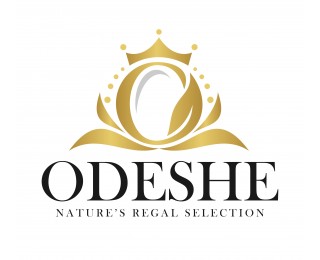
%203pp_FP200ML_perspective-200x200.png)
